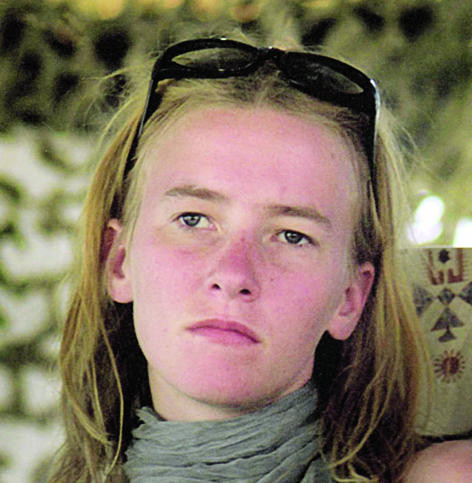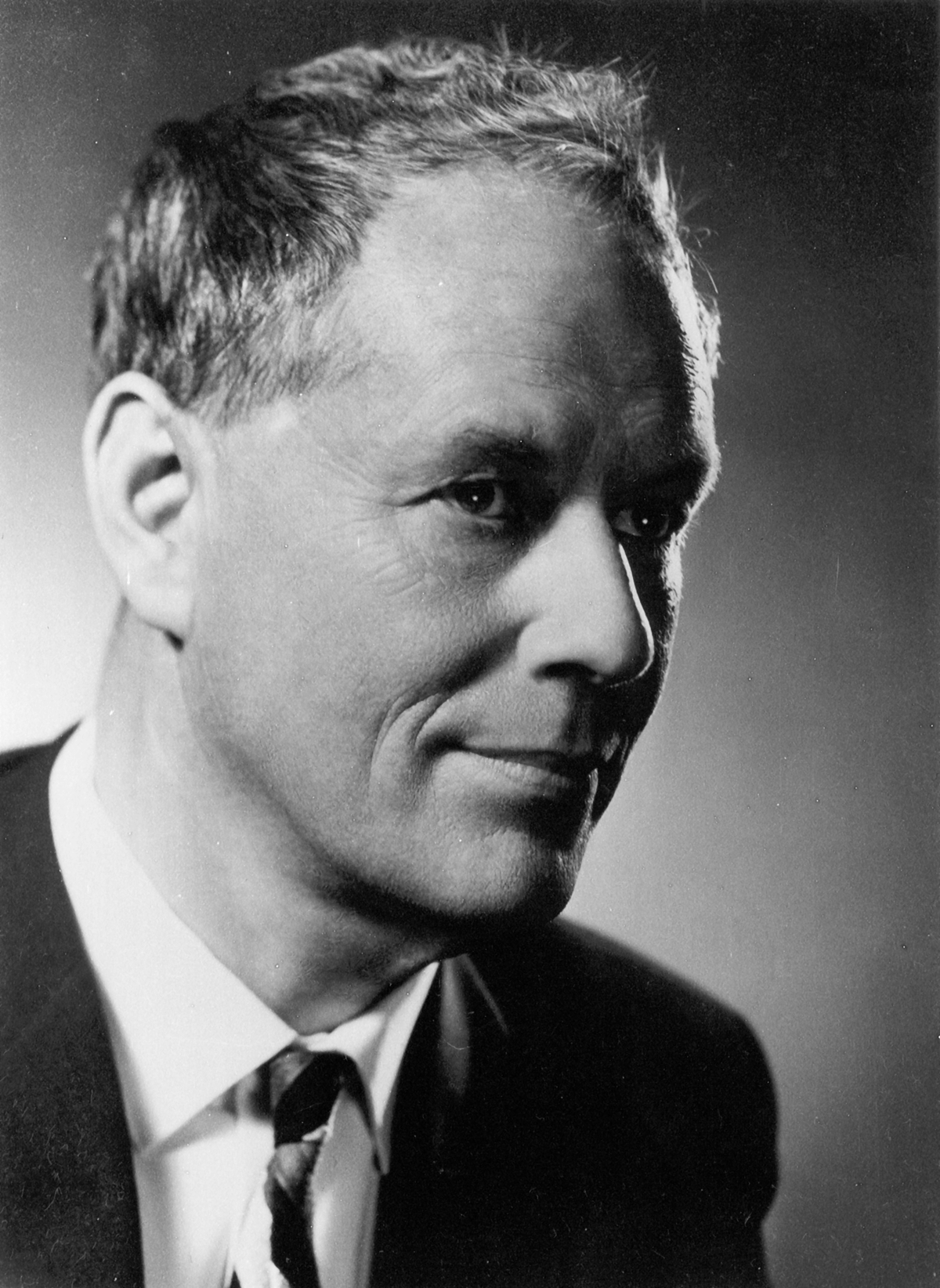
Charles Shaw died on December 12. Charles (never Charlie, Chas or Chuck) had a special place among my friends, even though I scarcely saw him after the early 90s when we worked together. Charles was a doctor; he was Treasurer of the International Society of Quality Assurance in Health Care when I was the accidental President. I was not part of the original cabal who gathered in Udine in 1985 to set up The Society, with a journal initially published by Pergamon Press. The problem was that when I inherited the Presidency, the Society was broke and there were a number of ongoing skirmishes within the organisation. The Americans, in particular, had been alienated by the instability of the organisation.
To cut this story short, with Charles as Treasurer, the Society became solvent. Initially in Sydney then Melbourne a permanent secretariat was set up that was not the contents of the secretary’s briefcase, as it had been when I took over. The fact that the organisation still remains healthy 30 years later was due to this period where Charles was a crucial figure guarding the finances.
In his LinkedIn description, he opened thus:
Trained in the UK to be a proper doctor, I spent six years as medical director of the general hospital in Bermuda. This exposed me to many New World ideas, like hospital standards, medical bylaws, credentialing, clinical audit, and the Canadian Council on Hospital Accreditation. Over the next 20 years I tried, and largely failed, to introduce these ideas to UK and Europe.
That was Charles. He did not have to be that frank, but he was a true Quality Assurance warrior. Quality Assurance has its own technology and hence vocabulary. There has been a large army of practitioners, but many seem to work in parallel with the actual health system, developing their own jargon. On the contrary, Charles, with his enormous knowledge, was able to cover the whole area – both practical and theoretical.
He developed an international reputation, mainly in the developing countries, in places like Moldova. When we were last staying at his home in rural West Sussex he was preparing for a visit to Kyrgyzstan. I was always amazed that Charles travelled so light, toothbrush, smalls and two shirts – and not much else. It was just part of his self-effacing persona.
Our stay was in 2018 and it was the last time we saw him and his wife, Carolyn, a former head of Roedean School, of which its equivalent was Eton College – described as “Roedean for Boys”.
Theirs was a pleasant rural life and our stay was enjoyable. The best test of friendship is being able to arrive and converse as though it was only yesterday you last saw each other and not several years.
I’m sorry we will not be able to be at their local St Nicholas Church – a very suitable venue to farewell Charles.
Charles was a good bloke. We’ll plant a couple of pomegranates in the garden to remember him.
Julia
Over the past week I have been reading the Dashiell Hammett Story Omnibus first published in 1966 with an introduction by his long-time partner Lillian Hellman. My favourite film is Julia, which is a harrowing film based on an incident described by Lillian Hellman in her book Pentimento (reappearance in a painting of an original drawn or painted element which was eventually painted over by the artist).

Julia is murdered by the Nazis in pre-war Vienna. There is no definitive statement that she was Jewish rather than a left wing socialist, but the film made an immense impression on me. Vanessa Redgrave’s portrayal of Julia reminded me so much of what I read about Rosa Luxemburg, who was Jewish and was brutally murdered by a far-right German organisation in 1919 foreshadowing the later German atrocities. She was killed because of her Spartacist links, for which those of the far right may use the label “terrorist” now. After all, the word “communist” was anathema to the White Anglo-Saxon Establishment, whereas Fascism transmogrified into Nazism was accepted by a swathe of the Establishment pre-WWII.
I am old enough to remember men and women with numbers tattooed on their wrists, people who had survived the concentration camps. It was a time before “Holocaust” was used to describe this extermination of six million Jews and others considered to pollute the purity of the Aryan race.
As for Israel, we children were not told of how the country came into being. The only memory I do have was of Count Bernadotte, a Swedish diplomat, being assassinated in1948. Then I only knew that he, the United Nations Peace mediator, was murdered by the underground Zionist organisation, the Stern Gang.
At my Anglican school, we had Jews, and one even was a confederate of Barry Humphries as they undertook their zany pranks around Melbourne. He later became the Chief Rabbi.
The selflessness of the Kibbutzim, the provision of farms run by collectives, was one way Israel was portrayed, and to young people like me, it was an inspirational endeavour. There was no doubt even then that the Israeli publicity machine was developing a high degree of sophistication in its messaging.
Remembering Behaviour
There were two matters, which the recent behaviour of the Israelis has triggered. Both have been recorded unemotionally in various media. This narrative is independent of any views I might have had prior to October 7.
The late Alan Rickman wrote a play about a young woman, Rachel Corrie, who was crushed to death by an Israeli bulldozer in Gaza in 2003.

Rickman compiled the play “My Name is Rachel Corrie” and directed the premiere production at the Royal Court Theatre in London, which opened in April 2005. He won the Theatre Goers’ Choice Awards for Best Director. Rickman befriended the Corrie family and earned their trust, and the show was warmly received. But the next year, its original New York production was “postponed” over the possibility of boycotts and protests from those who saw it as “anti-Israeli agit-prop“. Rickman denounced “censorship born out of fear”. Tony Kushner, Harold Pinter and Vanessa Redgrave, among others, criticised the decision to indefinitely delay the show. The one-woman play was put on later that year at another theatre to mixed review and has since been staged at venues around the world. Despite the adverse reaction from pro-Israel groups, overall, the play was very popular, especially in London. “I never imagined that the play would create such acute controversy,” Rickman said. He added, “Many Jews supported it. The New York producer was Jewish and we held a discussion after every performance. Both Israelis and Palestinians participated in the discussions and there was no shouting in the theatre. People simply listened to each other.
The fear of boycott is an insidious way of achieving one’s aims, especially if one controls the philanthropy channel. As mentioned above, Rachel Corrie, a 23-year-old American, trying to stop the demolition of Palestinian residences, stood in front of an armoured bulldozer. She was crushed to death by it. The Israeli immediate response that it was an accident; and it was finally decided in 2015 that it was an accident – nothing to see here.
It seems to be a tradition carried on by Israeli army snipers of accidently killing a raft of UN Aid Workers, journalists, hostages with white flags, and any others they thought were Hamas vermin, even those hiding in prams and swaddling clothes. As the Israeli Courts have reported, nothing to see here.
The next reference, I found disturbing when I re-read the AFR report of 12 March 2021 article entitled “Behold the Vaccine King” by three Bloomsberg journalists, one of whom, Cynthia Koons, was an expert in the pharmaceutical industry.

The Vaccine King referred to in the article was Albert Bourla, the Chairman and CEO of Pfizer. Bourla is of Greek Sephardic stock, part of the 50,000 Thessalonica Jewish population before WWII, which was reduced to 2,000 by the end of WWII, the rest being exterminated by the Nazis. Bourla’s family survived.
Let me directly quote the authors.
Bourla had thrown Netanyahu a political lifeline. Faced with surging COVID-19 cases and an election (in a) month, the Prime Minister latched on to Pfizer’s vaccine as his best hope to stay in office. At the airport, he bragged that 72 per cent of Israelis over the age of 60 had already been vaccinated, thanks to shipments that began in early December (2020), and that more doses would come soon. That was he’d struck a deal with Bourla to use his country as a test case for Pfizer vaccine.
Italy was cut out of the deal, even though the need was just as great, but Pfizer cut its shipments to Italy by 30 per cent, while at the same time Pfizer shipped millions of doses to Israel. Awash with vaccine, Israel was able to extend vaccination to all those of 16 to 18 years.
To add more pain five days after the Israeli shipment, Pfizer told other non-US clients that it was closing its Belgian facility for an upgrade.
As reported, Netanyahu and Bourla spoke at least 17 times, a significant number of times given that most of the other countries were clamouring for vaccines, and one would think communication would be limited. Netanyahu apparently did a deal; he would pay more – and would provide Pfizer with data relating the vaccine’s effectiveness – in itself an apparently very useful initiative.
It was significant that Palestinians and Gaza residents received none of the Pfizer vaccine, only being provided with Russian vaccine in limited quantity. This vaccine did not need refrigeration but was of doubtful effectiveness.
As the article went on: “By February 22 (2021), Israel had given 47 per cent of its 9 million people, making it the world leader. Italy, meantime, had administered first shots to 3.6 per cent of its citizens.” Some may argue t3.6 per cent is still two million Italians, but everybody’s favourite word these days seems to be “proportionate”.
This transaction can be seen from various viewpoints, but it showed at this window of time, one man’s decision during the height of the pandemic should be analysed especially with what has happened in the following two years.
As the article concluded: There was a vacuum in global leadership he and his Company filled. The world needs better solutions before the next public-health crisis comes around.
There is no doubt that Bourla is very smart, able to clearly see opportunity and he took a risk in releasing a vaccine before exhaustive checking. However, the article does not examine how Netanyahu distributed the vaccine. There are other sources which show he discriminated against Israeli citizens who were non-Jews as well as Palestinians.
Extermination and Holocaust run together. The Nazis ran extermination camps. The problem is the Holocaust is kept alive by the Jewish diaspora. It is the right of Jews to do so, but as surveys are showing the younger goy generation do not feel the same. When I was a young man, it was all too real, but now it is 80 years on, and what is the reason to remember by the younger generation for which it is now ancient history.
I do not believe that the actions of Netanyahu and his cronies are helping. The problem is that the world is in the thrall of old men who were caught by the horror of WWII. This is a generation whose fathers pre-war prevented Jews from joining the Establishment clubs and tolerated them, so long as they knew their place.
Some Jews attempt to defend the current Gazan Extermination by likening to what the Allies did to Germany. But these apologists miss one thing. The US initiated the Marshall Plan. There is now no one of the stature of George Marshall – that giant of the humane who won the Nobel Peace Prize in 1953.
Quinton McMarles’ Navy
We are not sending a warship to the Red Sea. Given the knee-jerk reflex of Australian Governments to send our military, naval and air forces toys to maintain our ANZAC image, it is very surprising. There are rumours abroad that our navy does not have the technology to avoid being destroyed by Yemeni Drones.
Unfortunately, our backup Collin class triremes are out of service due to a lack of qualified oarsmen and the fact that the last batch of Mesopotamian oars were too short, being made for biremes, and the drum used to regulate the oarsmen rowing rate needed a new cover only made in the Gobi Desert out of the hides of these special yanks – sorry, typo – yaks.

I was rummaging around in some Australian Defence Contracts and came across the multi-billion contracts for nuclear ILCA-7 whereby our navy would be able to provide a strike force as far away from Australia as possible – a nuanced strategy to fool the Chinese into believing that we were ignoring the defence of our own country, but these will be stealth sea vehicles because of their size. These were soon to come into service before the end of the century. And literally Australia has nothing to sea.
Anyway, I came across this blog which related to how long it would take a trireme to traverse the Mediterranean, starting from the Pillars of Hercules. This blog obviously thought a trireme starting from there was too hypothetical by being a delightful travelogue for a helmsman ruminating in 300BC, yet probably of relevance to our current naval strategists.
Would trans-Mediterranean voyages trading vessels need to stop and resupply (or conduct trade) at various ports along the route, or would they just make the journey all in one go, without stopping?
300 BC is an interesting date to choose because there were so many different kingdoms and empires vying for dominance in the region. A voyage would have begun in the Carthaginian port of Corthon and proceeded eastward past the port of Carthage itself. Then, as you entered the Tyrrhenian Sea, your journey would take you past Sardinia (also under Carthage’s control) and Sicily (divided between Carthaginians and Greeks who have a tentative and tense peace within a series of wars). If you’d stopped at a port like Brindisi or Taranto, you’d meet people of Greek and Spartan heritage, only a few years away from losing control of their cities to the Roman Republic. Continue east into the Ionian Sea and you are subject to the various warring successors to Alexander the Great. Continue past Crete and dodge the various pirates who take refuge there. Once you get to Alexandria, you’ll find it under new management (Ptolemy came to power in 305 BCE) and a city very much Under Construction — no lighthouse, not much of a library, its greatness mostly in the planning and building stages at that point.
Pehr Edman
We have had friends from Sweden visiting Sydney this past month. They have since returned for a traditional Christmas, having their last meal with us of Caesar salad and mini-pavlova a few days before they left to go home.
It was thus apposite that I found this reference to the late Pehr Edman.

While in Cambridge for a biological and medical science editors’ conference in the mid-eighties, I sat next to Dr Lars Bottiger, the Editor of Acta Medica Scandinavica as well as Professor and Head of the Department of Medicine at the Karolinska Hospital and Institute in Stockholm. Being a discussion between a Swedish and an Australian doctor, our conversation turned to Pehr Edman who, as a Swedish expatriate, spent many years in Australia heading up the School of Medical Research at St Vincent’s Hospital, Melbourne. Edman was a remarkable man – being a medical graduate and, moreover, a top protein chemist. It was rumoured that Edman was experiencing domestic problems, which was making life less than tolerable in his home country.
It was about that time that a colourful racing identity had died and left a substantial amount for scientific research at St Vincent’s Hospital Melbourne. One of the Medical Professors, John Hayden got wind of the potential availability of Edman, knew of his already distinguished research career and recruited him to Melbourne in 1957, where he stayed until 1972.
Edman will be remembered for one achievement – and he did it so well. He devised the method by which proteins could be sequenced from the N-terminal end – one amino acid at a time – without denaturing the protein. Then, it was one amino acid sequence a day; by the time of the Conference, with sophisticated automatic equipment, it is one amino acid an hour. Without loss of substance, the original method could sequence 10 amino acids from the N-terminal end; now the score is more of the order of 80 at one time. In fact, there is rarely a need for such a long sequence, and so sensitive the equipment was even then that the sequencing could take place in the picomole range.
Edman would have shared, at the very least, the Nobel Prize (he died of a brain tumour in Munich in 1977) in 1984 when the Nobel Prize for Chemistry went to R. Bruce Merrifield, who was the obverse of Edman in that he built up proteins while Edman knocked them down, albeit with great style. Edman was mentioned in the announcement of Merrifield’s Nobel Prize.
Australia was well served by Pehr Edman. He worked with Geoff Begg to develop an automatic amino acid sequenator. He trained Hugh Niall and Frank Morgan, both distinguished medical graduate scientists. Hugh Niall fashioned a very distinguished career in San Francisco as the divisional head of protein chemistry in a then-emerging company, Genentech Inc.
To me, Edman himself appeared to be a very self-effacing man for, even though I worked two floors below his Laboratory for one year in 1966 as a morbid anatomist, I can remember seeing him only once or twice in that year. But then, maybe he came in early.
Mouse Whisper
A Boston relative sent this extract from the local paper.
It sounds like a prank engineered by climate change activists, or a vengeful ex-lover. But the situation was all too real: At the last minute, because of adverse weather, thousands of passengers who thought they were about to cruise from New York to Florida and a private island in the Bahamas were informed that they would instead be sailing to Boston, Portland and Canada. Dreaming of sunshine and piña coladas, they were now facing clam chowder and Bruins fans. And rain, lots of rain.
A case of Cruise Missed Isle?

